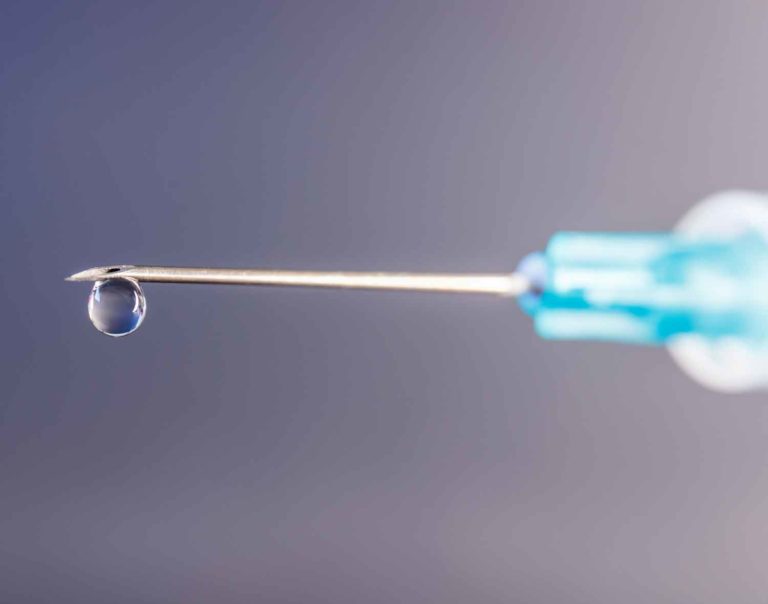
On October 12, the Supreme Court of the United States (SCOTUS) issued an Order List. This listed several case decisions, cases still pending, and denied cases. Among the denied cases was 21-276 Safehouse v Department of Justice. This case would look into the legality of safe consumption sites, specifically the Safehouse site in Philadelphia. Previously, 10 state attorney generals, along with the attorney general of D.C. and 14 cities, wrote amicus briefs in favor of safe consumption sites, hoping this would influence SCOTUS to take up the case.
Unfortunately, that didn’t seem to be the case. Additionally, activists think that the Biden administration’s voluntary pass on an opportunity to weigh in on the case also led to the court’s decision.
Safehouse tweeted they were “disappointed but not surprised U.S. Supreme Court declined to hear our case. We’re pursuing our claims in federal court. As that litigation proceeds, Biden administration will have to take a position, which it avoided by waiving its right to respond to our Supreme Court petition.”
Next Steps
Now, Safehouse’s case will move back to the Philadelphia federal district court. There, Safehouse plans to present three arguments in their favor. First, they will present the organization under the Religious Freedom Restoration Act (RFRA). This gives Safehouse the right to operate a safe consumption site under the First Amendment’s right to religious expression.
The second argument focuses on the Commerce Clause. This clause gives Congress the power to regulate interstate trade. Finally, Safehouse’s third argument looks at the SCOTUS ruling in Fulton v. Philadelphia. Here, SCOTUS ruled that courts can make narrow exemptions to federal laws, especially in cases where the organization has a religious interest.
Safehouse’s Vice President, Ronda Goldfein, spoke about the move towards religious freedom. “If I have a sincerely held religious belief, the government cannot take actions that burden my religious belief unless there’s a compelling interest to do so,” Goldfein said. “The court cannot tell us we’re not allowed to follow our faith. In this instance we say, ‘As people of faith and conscience, we believe that if you can save a life, you must save a life.’”
Safe Consumption Sites
The reason Safehouse is pushing for safe consumption sites is because research shows their importance in reducing overdose deaths. Existing sites in both Europe and Cana have shown that having trained medical staff on site to respond to any potential overdoses will inherently reduce the amount of fatal overdose deaths with quick response. Safe consumption sites have been operating in these areas for the past few decades. In Canada alone, Insite, the safe consumption site, has successfully reversed over 6,400 overdoses.
With the opioid epidemic continuing to claim many lives in the U.S., safe consumption sites could help combat overdoses. Recently, the governor of Rhode Island, Daniel McKee, D, legalized safe consumption sites in the state. This made Rhode Island the first state to offer legal safe consumption sites. Additionally, a bill in the California General Assembly also looks to legalize safe consumption sites in the state. However, all discussion on the bill will wait until 2022. As more information surrounding safe consumption sites becomes available, we will update you with the latest.
Make sure to check back for more cannabis, hemp, and psychedelic related news.